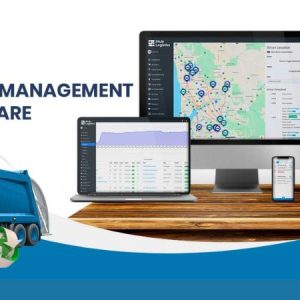An LMS is a software application or web-based technology that is used to design, deliver and evaluate a learning process. It’s an all-inclusive platform designed to empower various educational and corporate organizations to facilitate learning.
Here are some key features and insights about LMS:
- Content Delivery: An LMS provides a central place for instructors or administrators to create and deliver content, and for learners to access it, usually anytime and anywhere. This content can take the form of text, video, audio and interactive content, among others.
- Student Management and Interaction: LMS systems often provide ways for learners to interact with each other and their instructors. This can be through discussion boards, chat and other collaborative tools. They also manage learners by tracking their progress and performance, and providing feedback.
- Assessment and Reporting: LMS can be equipped with tools to create online quizzes or tests, either as stand-alone assessments or integrated within the learning content. They also provide reporting features that enable the tracking and analysis of learner performance. This data can be used to tailor learning paths or improve course content.
- Integrations and Standardization: Many LMSs are designed to integrate with other systems, such as human resources or school databases. They often support standards such as SCORM (Sharable Content Object Reference Model) or xAPI (Experience API) to ensure compatibility with various types of content.
- Customization and Personalization: LMSs allow customization of the learning process to meet individual or group needs, ensuring a more personalized and effective learning experience. They can adapt to a learner’s skills, pace and learning preferences, and offer personalized learning paths.
- Scalability: An LMS can scale to accommodate an increasing number of learners, which is especially valuable for growing organizations. It’s capable of handling large amounts of data and user accounts.
- E-Commerce: Some LMSs offer e-commerce functionality, allowing institutions to sell their courses online to a wider audience.
LMSs have become particularly significant in both academic and corporate environments, enabling remote and flexible learning, lowering training costs and promoting a culture of continuous learning and development. They can be especially valuable for training in large businesses, higher education institutions or K-12 schools, and for delivering online courses to the general public.




